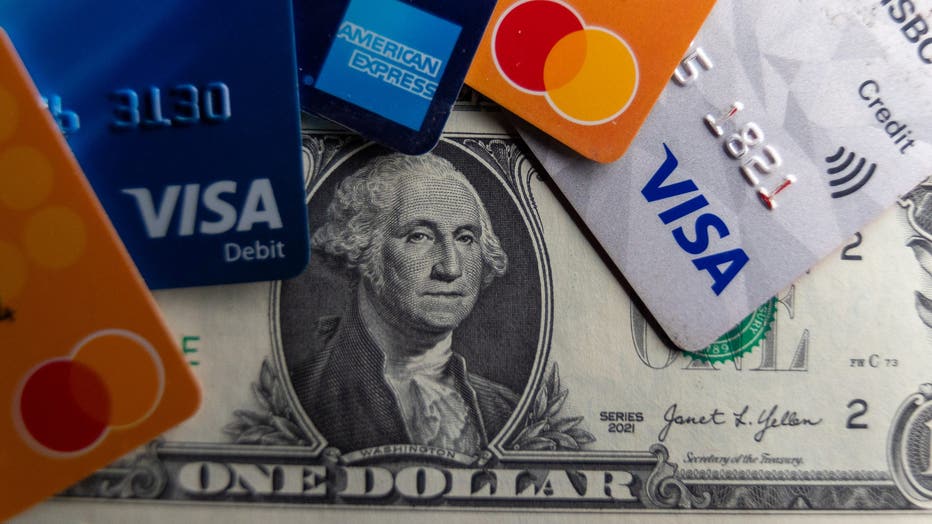Judge scraps Biden-era rule capping credit card late fees: What to know
Credit card debt rises to record levels
FOX Multimedia Reporter Kennedy Hayes joins LiveNOW from FOX to talk about rising credit card debt in December 2024.
A federal judge has scrapped a rule from the Biden administration that would have placed a cap on credit card late fees.
The ruling stems from a lawsuit filed by groups that included the American Bankers Association, the Consumer Bankers Association, and the U.S. Chamber of Commerce.
Lawsuit filed over rule capping credit card late fees
What we know:
The banks and other groups had alleged the new rule — proposed last year under the administration of President Joe Biden — violated the Credit Card Accountability Responsibility and Disclosure or CARD Act of 2009, which was enacted to protect consumers from unfair practices by credit card companies. The groups claimed the new rule did not allow credit card issuers "to charge fees that sufficiently account for deterrence or consumer conduct, including with respect to repeat violations."

FILE - Credit card photo illustration (Photo by Anna Barclay/Getty Images)
The ruling by U.S. District Judge Mark Pittman in Fort Worth, Texas, came a day after the Consumer Financial Protection Bureau and the groups that sued said they reached an agreement to throw out the rule.
RELATED: Here are the cities with the most credit cards, study says
What they're saying:
"The parties agree that, in the Late Fee Rule, the Bureau violated the CARD Act by failing to allow card issuers to ‘charge penalty fees reasonable and proportional to violations,’" attorneys with the CFPB wrote in a joint motion on Monday with the banking groups to vacate the rule.
RELATED: The easiest states to save money in 2025
"This is a win for consumers and common sense. If the CFPB’s rule had gone into effect, it would have resulted in more late payments, lower credit scores, higher interest rates and reduced credit access for those who need it most. It would have also penalized the millions of Americans who pay their credit card bills on time and reduced important incentives for consumers to manage their finances," the banking groups and others said in a joint statement on Tuesday.
Why did banks sue?
The backstory:
The banks have been pushing hard to stop the late fee rule, due to the potential billions of dollars the banks would lose in revenue. The CFPB estimated when it issued the proposal last year that banks brought in roughly $14 billion in credit card late fees a year.
RELATED: Retirement savings 'magic number' drops in 2025 for Americans, study finds
Even if the lawsuit had gone forward, the banking groups had a good chance of winning as Pittman in a December ruling had said they would have likely prevailed as he found that the new rule violated the CARD Act by not allowing credit card issuers to charge penalty fees that are reasonable and proportional to violations.
Dig deeper:
The CFPB has been in turmoil since the Trump administration earlier this year began dismantling it, targeting it for mass firings and dropping various enforcement actions against companies like Capital One and Rocket Homes. A federal judge last month issued a preliminary injunction that temporarily stopped the agency's demise.
The CFPB was created in the wake of the 2008 financial crisis to protect consumers from unfair, deceptive, or abusive practices by a wide range of financial institutions and businesses.
The Source: This report includes information from The Associated Press.

